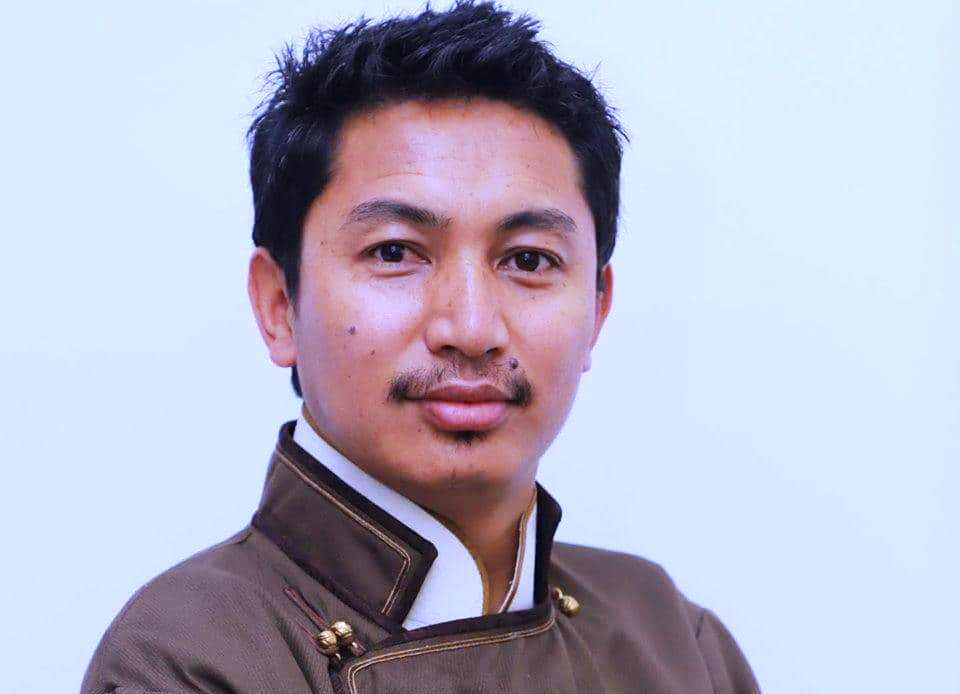Within days after the pollster started working towards holding the local body polls later this year, credible reports suggest the exercise may not take place later. While the decision-making has been attributed to the security situation, political circles suggest that it is Jammu and not Kashmir that drives the intervention, reports Faiqa Masoodi

On September 20, 2023, a senior Jammu Municipal Corporation officer told the media that they have started the process for holding Urban Local Bodies (ULB) elections and these are expected to be held in time. Parminder Kour, JMC Secretary said the officials are currently being trained for the polling. Reports appearing in the media said that even the electronic voting machines (EVMs) have been dispatched to all the districts across Jammu and Kashmir. Once the staff completes the training, the Chief Electoral Officer (CEO) is supposed to appoint the returning officers and their assistants.
The news break came after the CEO on September 5, revealed a draft reservation policy across the 77 Urban Local Bodies (ULB) across Jammu and Kashmir. Of the 77 ULBs, 40 are in Kashmir and 37 in Jammu and these include the twin Corporations for Jammu and Srinagar. Besides, there are 19 Councils (one each at district headquarters except Jammu and Srinagar and one at Sopore). The proposal envisaged 25 wards for women in SMC, and 25 wards for women, 10 for Schedule Castes and two for Scheduled Tribes in JMC. Given the fact that there are no SCs and ST’s in Kashmir urban areas, it is in Uri alone where two wards have been reserved for STs. Cumulatively, of the 1119 wards in all the 77 ULBs, 358 (nearly 33 per cent) stand reserved for women.
Jammu and Kashmir’s local body polls (Panchayats in rural areas and ULB in urban areas), will cease to exist on January 9, 2024. The Panchayati Raj Act suggests the polls must be carried out a month ahead of the expiry of their term (December 9, 2023). The last panchayat polls were held in 2018. However, the main political parties stayed away from the polls.
The CEO had already revised the electoral rolls. Jammu and Kashmir has nearly nine million voters of which almost two million are within the 77 ULBs.
Active Politics
These developments were seen as an indication that political activity must resume and the political parties had started moving out of Srinagar to interact with people. By and large, the politicians started getting good gatherings wherever they visited. In certain cases, the political workers had started getting to the parties they wished to work for.
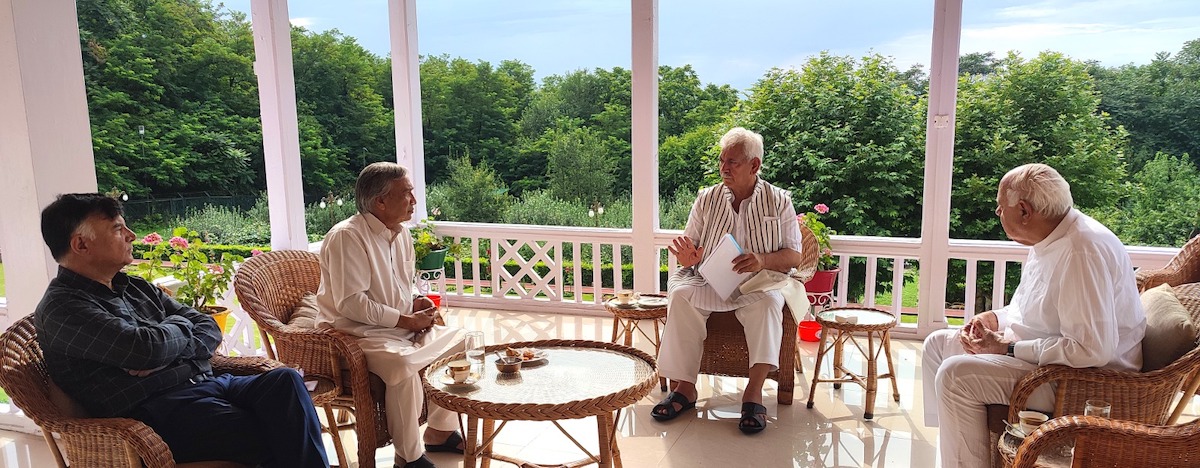
Within days after these developments, a debate started on whether or not the polls should be held on a non-party basis. The BJP had been informally spearheading the campaign that the non-party basis polls will help them manage some seats and in case they were asked to work on a party basis, they may not be able to show any progress, at least in Kashmir. One political worker of the BJP actually came on record that he has been strongly advocating for the non-party basis polling in Jammu and Kashmir.
As the debate started making headlines, the Jammu and Kashmir administration also started dropping hints at polls on a non-party basis.
Second Thoughts
The situation was moving gradually towards a possible basic local body poll. Soon, people within the political circle started talking in whispers hinting that the polls may be postponed. In the midst of these reports, the BJP summoned its ‘core group’ leaders to Delhi on September 26. Home Minister Amit Shah and party president J P Nadda were in the meeting. Though formally it was said that the discussions were about the Lok Sabha elections but the entire meeting was about the ULB polls and Jammu was the main focus.
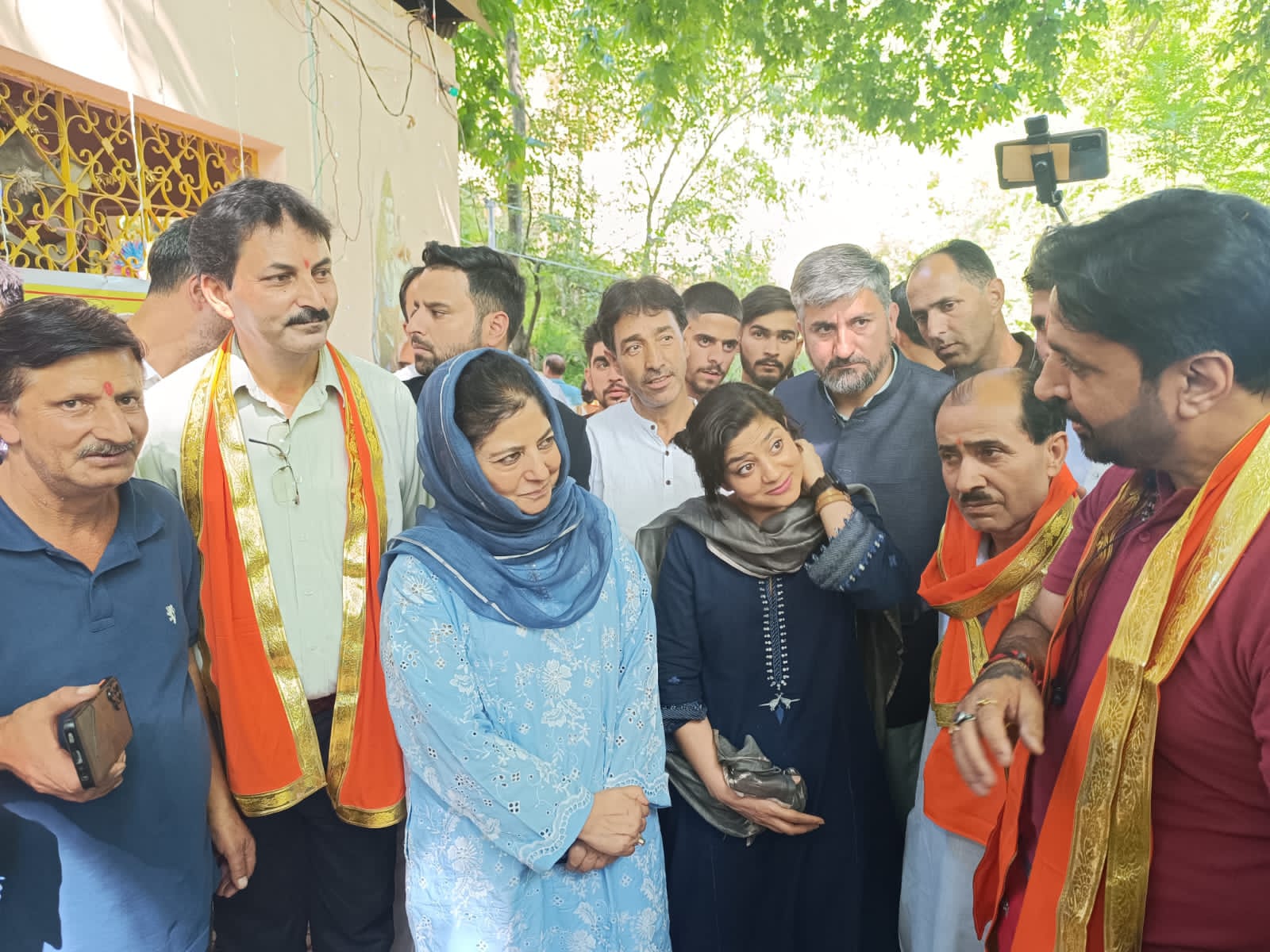
It was only after this meeting that the media reported that the polls would be delayed. “The Central government’s current stance leans towards deferring the ULB elections in the Union Territory to the following year, following the conclusion of the Parliamentary polls,” a media report quoting the unnamed official sources said. “Once the Parliamentary polls conclude, all elections in the Union Territory of Jammu and Kashmir will proceed in sequence. First, the ULB polls will be held followed by Panchayat, BDC, and DDC polls. The assembly elections in the UT will be held once all these polls are completed smoothly.”
Sinha’s Assertions
The decision conveyed informally came within days after Lt Governor Manoj Sinha said that the majority of the people in Jammu and Kashmir are happy with the central government rule.
“A journalist asked me when the polls would be conducted. I said there is the Election Commission for it, they will decide. The Home Minister of the country has given assurance on the floor of the House,” Sinha said in a speech in Srinagar. “But I told him…you are a seasoned journalist from a big media house. Please do an independent confidential survey. He asked me why? I said if I say you would not like it but 80 percent of people will vote for this arrangement to continue. There is no need of any other arrangement. I am telling you the opinion of the people.”
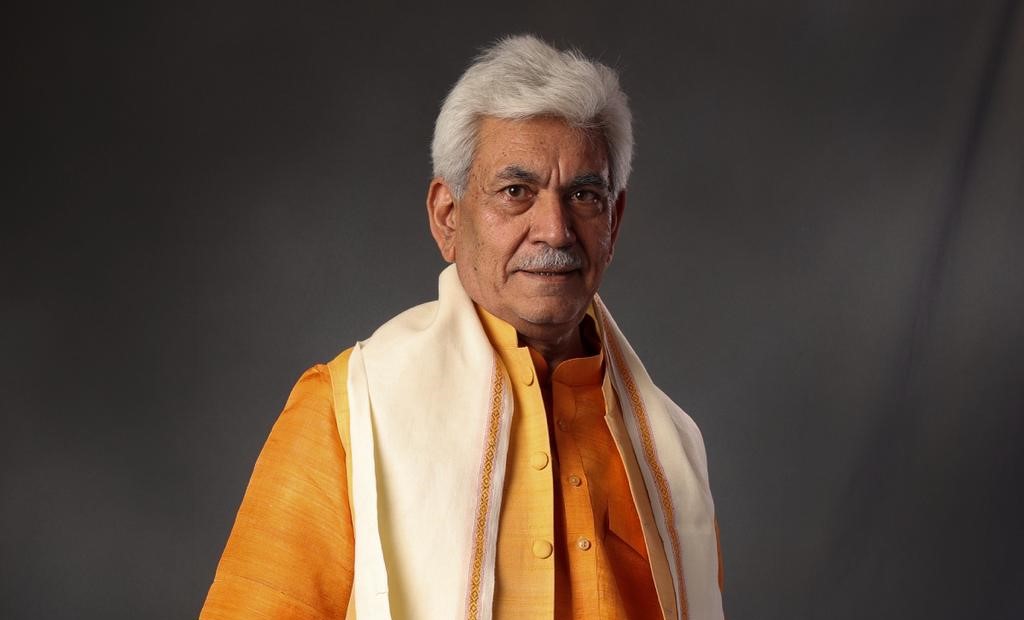
“There are some people who are in pain. For them, it is a problem. They can say anything,” Sinha said in his oblique reference to Kashmir’s political class that has been seeking polls in Jammu and Kashmir. The last assembly election was held in 2014.
Angry Politicians
“If we ask why you have cancelled elections, they would say when we cancelled it,” NC leader, Omar Abdullah told reporters. “The fact is that we already knew that the only election they may not be able to delay is the Lok Sabha election. All other elections they will not hold because they are scared.”
“The BJP has realised that they will be wiped out in Jammu and the parties and system which they tried to put up in Kashmir are not working as people are not ready to accept them, so they are deferring the election,” PDP president, Mehbooba Mufti said. She said the BJP used to “indulge in a drama” and to hoodwink the world that they conducted the panchayat and local body polls. “Now, I think they have stopped that pretence. On one hand, these people say in the Supreme Court that the situation has improved after the abrogation of Article 370 and that the people are happy. But, on the other, the same government now says that the security (situation) is not right and the elections cannot be conducted.”
Mehbooba said that BJP’s dithering on Jammu and Kashmir polls suggests the “hybrid political system” that the party had created in Jammu and Kashmir has failed.
Security Reasons
In the informal communication about the delay in polls, the key reason that was given was the security situation. “It is worth noting that ULB elections, being a grassroots-level exercise, necessitate more extensive security arrangements compared to Parliamentary polls,” the report said. “The ULB polls require more comprehensive security measures than the LS polls, expected in April-May 2024. This election involves door-to-door outreach and, therefore, demands adequate security measures. New Delhi is in consultation with the J&K administration regarding the necessary arrangements for the smooth conduct of ULB polls. However, reports dispatched by security agencies to the Ministry of Home Affairs recommend that ULB polls are not possible this year and should thus be deferred until 2024.”
Besides, the report said the security agencies have received credible intelligence indicating that militants may attempt to disrupt security forces and civilians in the coming months, potentially to deter people from participating in any democratic exercises. “Following attacks in Rajouri, Kokernag, and Srinagar, security forces have been on high alert. They have credible information suggesting potential terrorist activities in the coming months. Therefore, security agencies have written to the Ministry of Home Affairs, requesting the rescheduling of ULB polls in the UT,” it quoted unnamed sources saying.
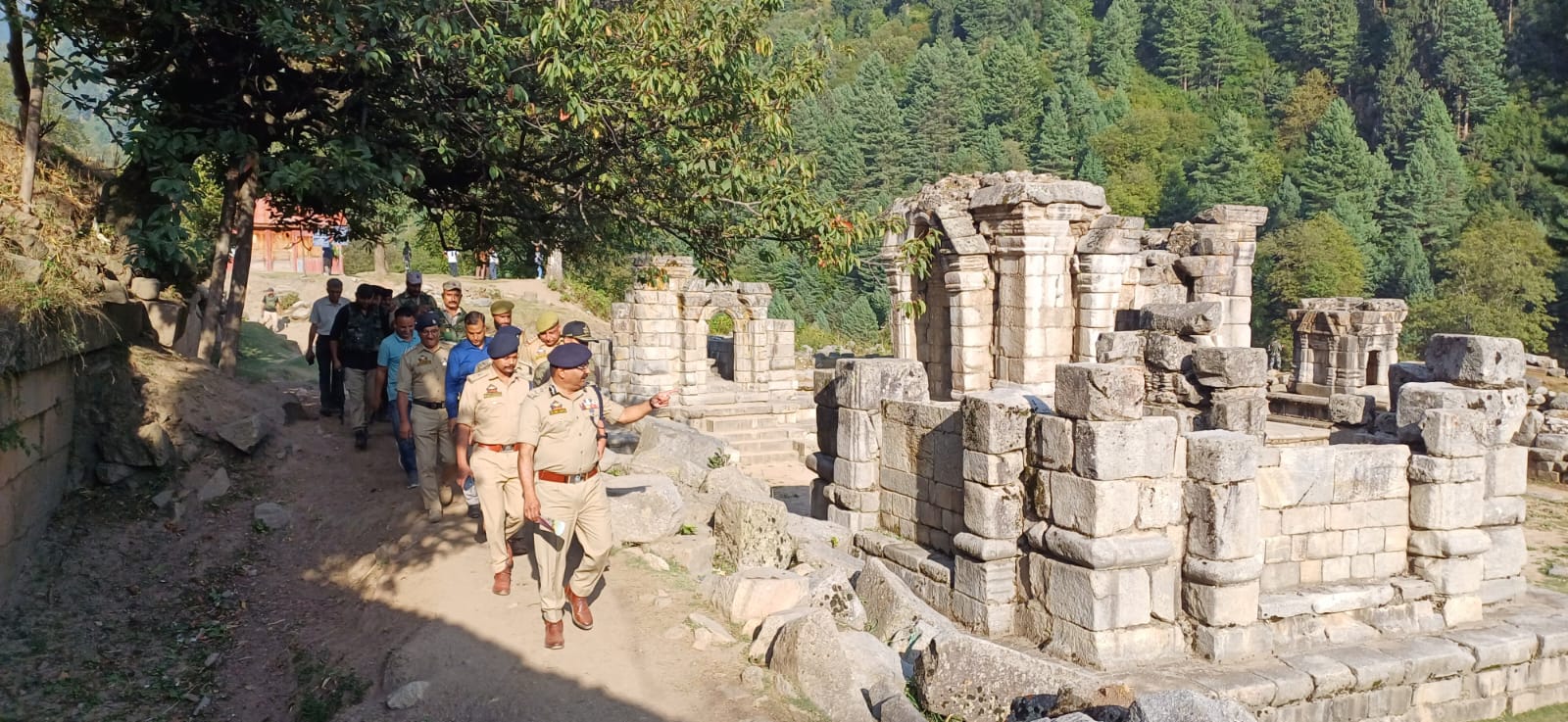
This apparently goes in contrast with what the top officers of the security grid are saying. Dilbagh Singh, the Jammu and Kashmir Police Chief asserted that militancy was at its low as major outfits like Jaish-e-Muhammad, Lashkar-e-Taiba and Hizbul Mujahideen are facing a leadership crisis. “We have wiped out the leaders of these major organisations and there is no one left to handle them.” He said. He said 400 Jammu and Kashmir residents who are sitting across the LOC have been identified and their properties would be seized. This goes with the broad principle laid down by the Sinha administration that it means establishing peace and not negotiating it.
So far, in 2023, officials said they killed 47 militants across Jammu and Kashmir and arrested 204. Of the slain 47, nine were natives, and 38 were foreigners. In comparison to 2022, when 130 of the 187 slain were local, officials said the contrast is clear as foreign numbers are up.
“In the Supreme Court, they (the BJP) claim the situation has improved after abrogation of Article 370, and people are happy. At the same time, the government now says that the security situation is not right and the elections cannot be conducted,” Ms Mufti commented.
The Main Reason
People privy to the developments in Delhi suggest that the security situation is not even remotely connected with the possible delay in the ULB and Panchayat polls. “The problem is not even Kashmir at all, it is Jammu,” one highly informed source from Delhi said. “The party does not want the outcome of the polls in Jammu to deflate the narrative that is key to the Lok Sabha polls in the rest of the country – people are happy after the abrogation of Article 370 completely integrated the state with the rest of the country.”
Jammu holds a very important position in Sangha Privaar. In fact, it was an earlier Nagpur to the clan. In the last five years, Jammu, unlike Kashmir, has been very vocal over the loss and has been on roads many times. Routing may not be locally significant to the party but it holds “huge symbolic value in the rest of the country”. This region had two major protest strikes against the policies of the government in the last two years. There were protests, arrests and agitation in certain areas as well. The natives allege that they are facing the music for something they were asked to cheer about.
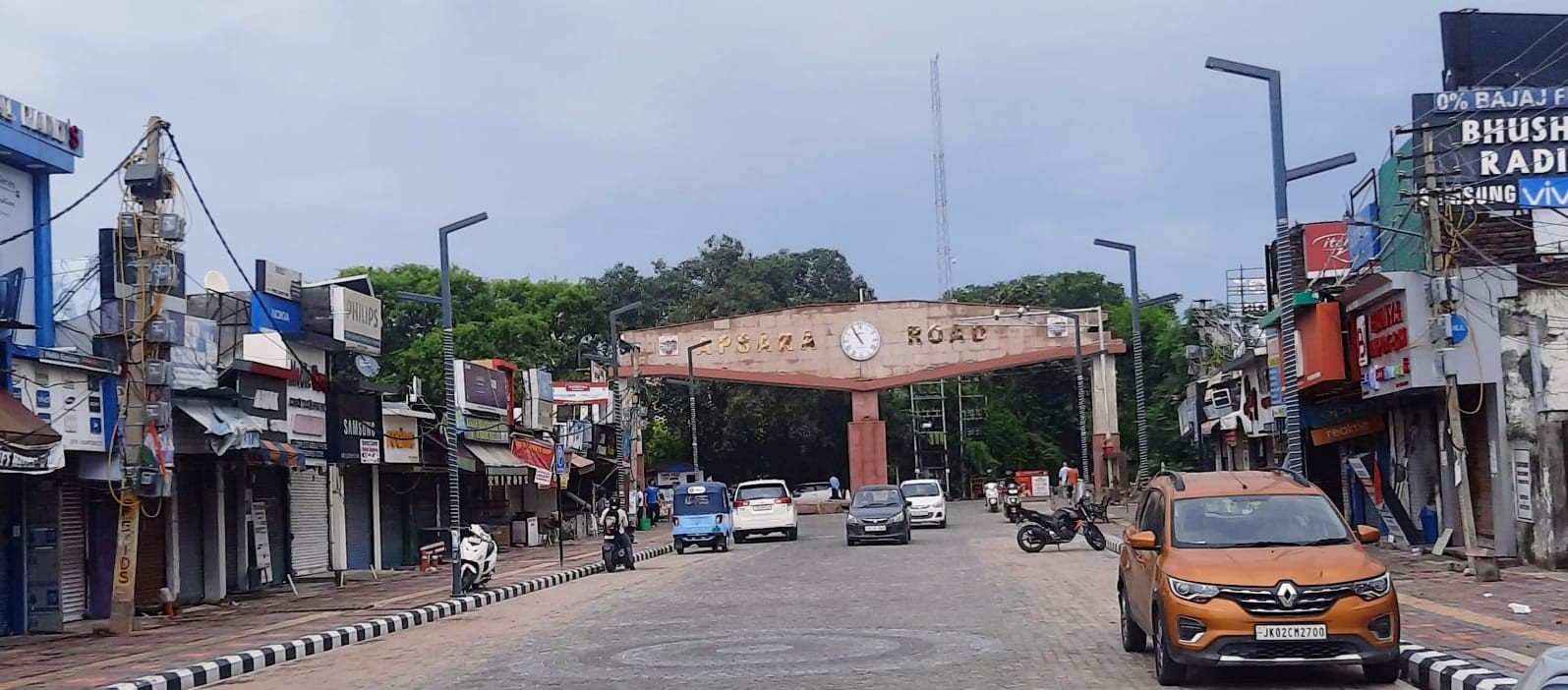
“The people in Jammu have gone against them, they are out on the roads, they have realised that the BJP has befooled them by provoking them against Kashmir, by making them suffer losses, by making people in Jammu and Kashmir fight with each other, creating Hindu-Muslim divide,” Ms Mehbooba Mufti said.
“The BJP does not want to face the anger of the people,” Omar Abdullah said. “The party has sensed the public mood and widespread anger even in its restricted so-called core constituency owing to its anti-people policies and its failure on all fronts in the past nine years, which is why the party is shying away in facing the electorate.”
The dithering has exposed the party’s Achilles heel. This could explain why Dr Farooq Abdullah has called for an opposition meeting in Jammu on October 3, 2023. The Kashmir parties want to focus on Jammu as Kashmir is otherwise unlike to emerge a BJP support base. “Jammu feels neglected in the decision making and it is being usually said all these deliberations are taking place in Srinagar,” Omar told reporters. “This was deliberately done in Jammu so that the local political forces will also talk and discuss the situation.”


